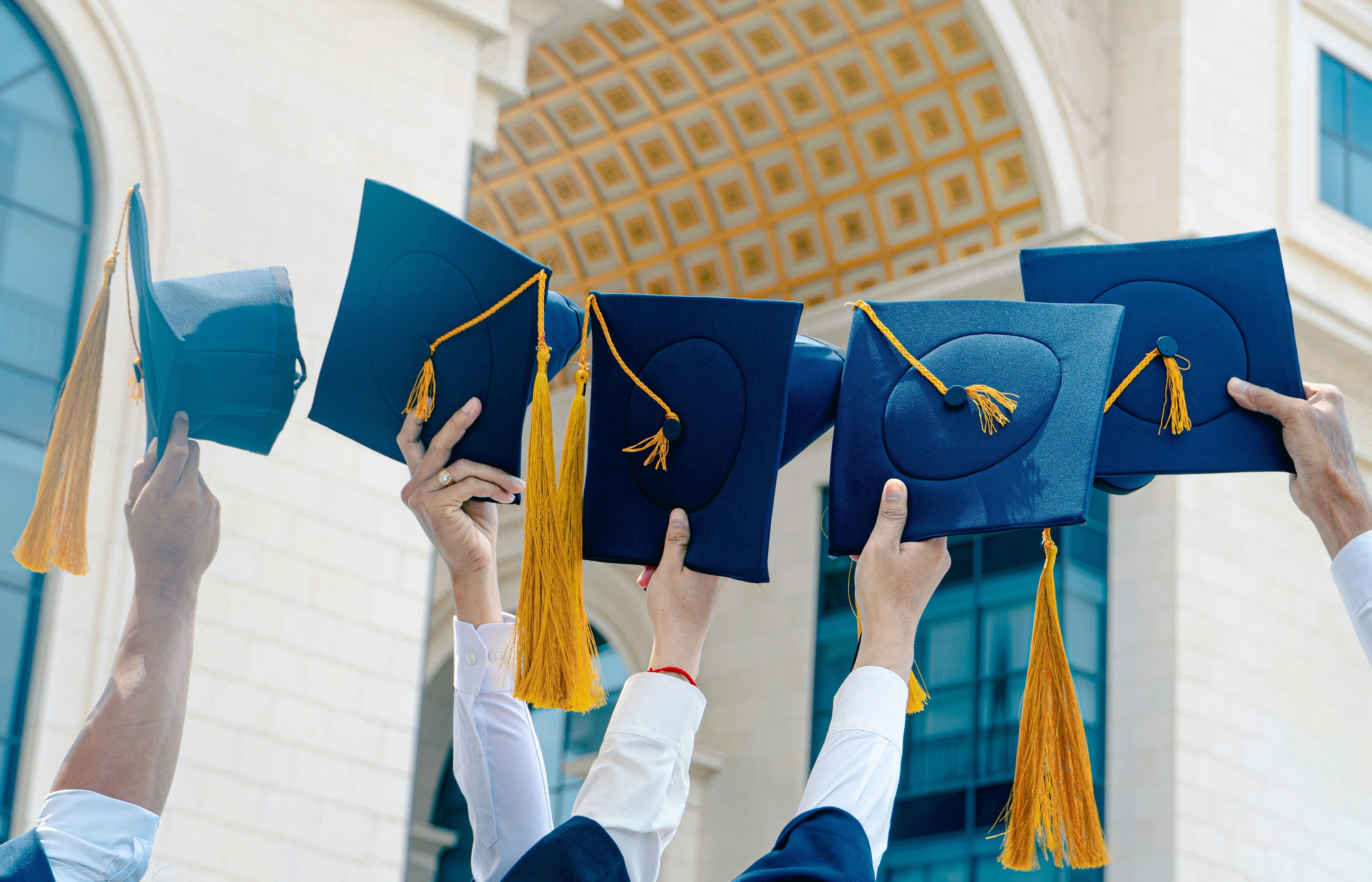The next big thing for business? Creativity

In order to remain relevant and innovative, companies need to invest more in creativity.
Image: REUTERS/Toby Melville
Stay up to date:
Education
Imagine a new study has just been published in the Harvard Business Review about the correlation between physical endurance and business outperformance. What happens next? Executives start cross training. Team building events happen at the gym. Treadmill desks are all the rage. Eventually, some corporations go further and compete to hire the best athletes to boost the physical fitness of teams. Olympic medalists, professional ballplayers, and tennis champions flood corporate America.
Something similar is happening today, but it’s not physical endurance that helps teams succeed. It’s creativity. And while many organizations have taken steps to enhance the creativity of their teams, the logical next step will be recruiting, partnering with, and investing in the “Olympic athletes” of creativity: artists.
Elite athletes can obviously outperform even the most avid MBA jogger. They possess natural gifts. They have experience competing at a top level. And, in our fictitious world, they would be only too happy to share training techniques with new corporate colleagues. Hiring top athletes to boost the physical fitness level of teams would be a no brainer.
The same is true of artists and their ability to unlock greater creativity. And while human resource directors aren’t yet reaching out en masse to recruit artists, leaders in business already understand the importance of creativity to reaching their goals. A recent IBM study of 1,500 CEOs revealed that creativity is the single most important skill for leaders. In a workforce preparedness study conducted by the Conference Board, 97% of employers said that creativity is of increasing importance.
As robots and artificial intelligence transform the economy, creativity resists automation. The creative economy, like the industrial and information revolutions before it, has the potential to unleash global growth by making organizations more effective and more innovative. This is why venture capital firms are hiring designers-in-residence. Cities are adding chief innovation officers and investing in cultural corridors. Philanthropic foundations are harnessing prizes and crowdsourcing to uncover new solutions for global development and sustainability.
How does creativity unlock this potential? A growing body of research explores cognitive diversity, or diversity of thought, in improving effectiveness and problem solving. A 2017 study published in the Harvard Business Review assessed teams based on diversity of thinking styles, comparing how quickly and successfully those teams completed challenges. A series of experiments revealed that the teams with the greatest amount of cognitive diversity (not just gender, age, or racial diversity) consistently outperformed the more homogenous groups.
In short: great minds don’t think alike. To unlock maximum performance, organizations must harness both cognitive diversity and creativity. And that means adding a new voice to the team: the Artist Innovator.
We coined the term Artist Innovator to describe artists who work outside the studio, the theater, and the concert hall to bring their distinctive talents and skills into business, government, and the social sector. Artist Innovators are starting social purpose businesses, developing new software, initiating unique public-private partnerships, and anchoring real estate developments with cultural institutions. Not every artist is—or wants to be—an Artist Innovator. But when the most creative people apply their tools and traits to solving problems, there is no limit to what they can achieve.
Artist Innovators are radically open to new ideas, and immerse themselves in new experiences. As they create, Artist Innovators relentlessly pursue originality, embracing serendipity along the way. Discipline and productivity take an idea to the finish line. Mastery is about paring things down to the essentials. And underlying it all, is a deep focus on people, community, and society.
Artist Innovators present a huge source of untapped potential. We need the Olympic athletes of creativity to unlock financial and social value. Let’s ask Artist Innovators for their help.
Don't miss any update on this topic
Create a free account and access your personalized content collection with our latest publications and analyses.
License and Republishing
World Economic Forum articles may be republished in accordance with the Creative Commons Attribution-NonCommercial-NoDerivatives 4.0 International Public License, and in accordance with our Terms of Use.
The views expressed in this article are those of the author alone and not the World Economic Forum.
Related topics:
Forum Stories newsletter
Bringing you weekly curated insights and analysis on the global issues that matter.
More on Education and SkillsSee all
Adeline Hulin
October 24, 2025
Mallik Tatipamula and Azad Madni
October 20, 2025
Amit Sevak
October 15, 2025
Jean Daniel LaRock and Irina Bullara
October 15, 2025
Hallie Spear and Morgan Camp
October 14, 2025
Phil Baty
October 9, 2025







